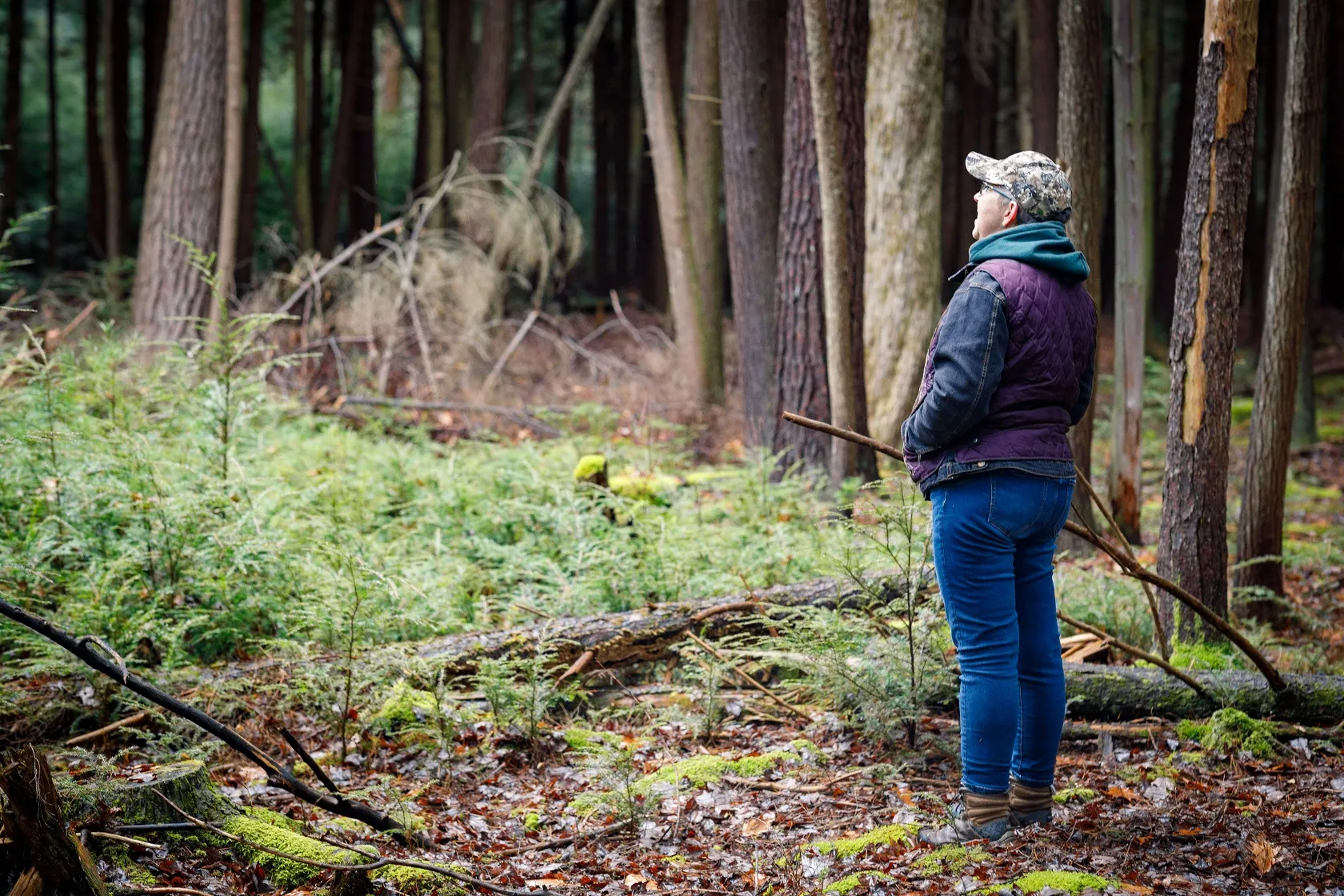AFF Supports the Introduction of the Forestry Recovery Act of 2018
Bipartisan Bill to Support Family Forest Owners in Recovering After a Natural Disaster
WASHINGTON, D.C. Feb. 12, 2018 —Today, the American Forest Foundation (AFF) applauded Representatives Buddy Carter (R-GA), Bruce Westerman (R-AR), Ralph Abraham (R-LA), Austin Scott (R-GA), Bob Goodlatte (R-VA), Steven Palazzo (R-MS) and Sanford Bishop (D-GA) on introducing new legislation that would provide family and private forest owners a better chance to recover after a natural disaster by being able to deduct their timber losses through the tax code. “Our forests provide incredible benefits to all Americans – clean water, clean air, wildlife habitat, a sustainable wood supply and more. The largest portion of these forests are owned by families and individuals, making them the great caretakers of our natural resources,” said Tom Martin, president and CEO of AFF. “Each year we continue to see our forests facing growing challenges that are out of our control. Unprecedented weather activity like last year’s devastating hurricanes. Record-breaking wildfire seasons happening again and again. We must provide the caretakers of our forests ways to recover, restore and rebuild after these disasters, so that all Americans can reap the benefits of forests. We applaud Representatives Carter, Westerman, Abraham, Scott, Goodlatte, Palazzo and Bishop for their leadership in championing smart policy solutions that will help forest owners recover their losses after a wildfire, hurricane or other natural disaster, and ensure these owners have an opportunity to put their land back into trees.” The American Forest Foundation estimates that one in three family forest owners have experienced a natural disaster on their land. “As a 65-year veteran Tree Farmer, my trees are my lifeblood,” said Hancock County Mississippi Tree Farmer Judd Brooke. “Hurricane Katrina caused extreme damage to our land, mowing over nearly all of our pine trees. The financial impact of this was huge, we lost nearly 95% of the value of those trees that had been growing for anywhere from 35 to 100 years. I am encouraged by the introduction of the Forestry Recover Act, that can help forest owners like myself have the opportunity to recover and replant and keep our land in trees.” The bill specifically allows forest owners who grow timber for the purposes of sale to deduct from their taxes the full value of the timber at the time of the loss. Under current law, the landowner is only allowed to deduct the adjusted basis value of the timber, which is oftentimes only a fraction of the stands current value. This discounts the time and work the landowner has invested, in many instances over decades, to bring the healthy stand to market.
Related Articles

February 2, 2026
AFF Statement on GHG Protocol Land Sector & Removals Standard
The exclusion of forests from the LSR Standard increases the risk of sidelining one of the most mature and impactful pathways for near-term mitigation.

December 16, 2025
Family Forest Carbon Program's First Ever Credits Delivered to REI Co-op
Today, REI becomes the first buyer to receive carbon credits from the Family Forest Carbon Program (FFCP), a high-integrity forest carbon project designed for small-acreage landowners.

December 4, 2025
Forest Carbon Project Issued First Ever Credits
Conservation organizations the American Forest Foundation (AFF) and The Nature Conservancy (TNC) announced today the issuance of improved forest management (IFM) carbon credits to the Family Forest Carbon Program (FFCP) from standards setter Verra under its Verified Carbon Standard (VCS) Program. This marks the first issuance of credits produced using Verra’s VM0045 improved forest management (IFM) methodology, which was co-developed by Verra, AFF, TNC, and TerraCarbon.